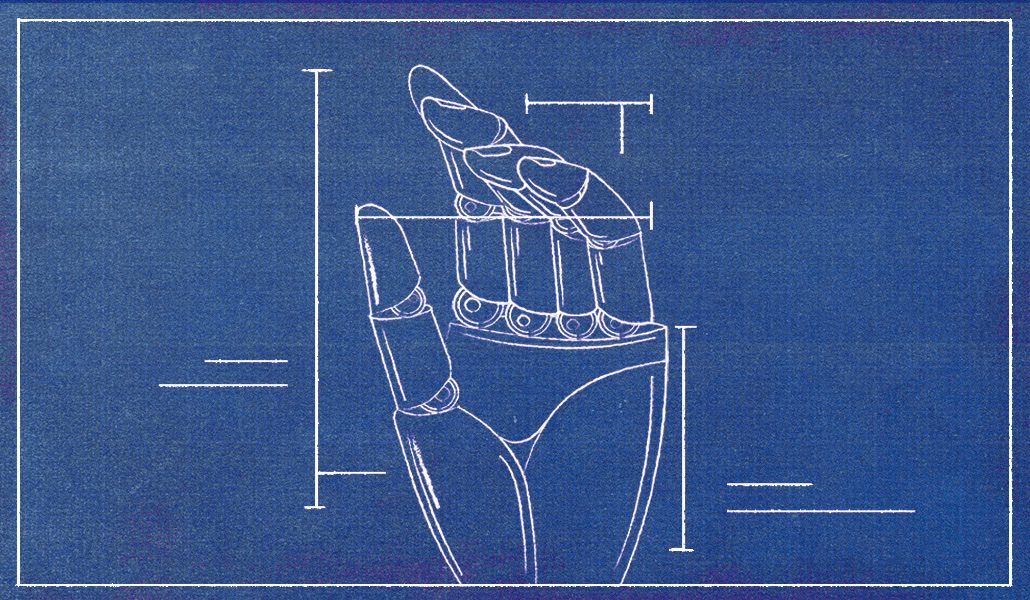Rising demand among marketers for AI search expertise is driving more agencies to create specialist units intended to help clients navigate the tech and its impact on consumer habits.
In recent months media shops like Jellyfish, Wpromote and Kepler have each launched or expanded AI search services that offer clients a means of partially gauging how applications like ChatGPT and Gemini represent and understand their brands.
Among the advertisers attempting to measure the “share of model” (as opposed to their share of market) within large language models (LLMs) is consumer pharmaceutical firm Haleon. The company is currently testing how Meta’s Llama model represents its Advil and Emergen-C brands in user-generated search results.
“Gaining an understanding of how our brands are perceived by LLMs has been incredibly illuminating,” Marissa Florindi Solan, director, U.S. earned and social media at Haleon, said in an email.
Consumers’ evolving use of ChatGPT, Perplexity and Google AI Overviews in search has major implications for brands that rely on the channel to guide customers down the sales funnel.
According to eMarketer, 35.8% of Americans now use ChatGPT on a regular basis; a Capgemini Research Institute study published in January estimated that 58% of consumers had replaced “traditional” search engines (like Google or Bing) with AI tools of one flavor or another.
Rising demand among marketers for a response to that behavior has prompted Jellyfish and sister agency Collectively to release a new solution, Chorus, to measure the impact creator marketing might have on AI search results. It’s based on technology first unveiled last December. “It’s really important for us to understand how LLMs are perceiving brands and products,” said Natalie Silverstein, chief innovation officer of Collectively.
Because LLMs draw on social media content, they absorb information posted by and about brands on platforms like Facebook and Instagram. That means that creator marketing is already influencing the way a tool like ChatGPT represents a brand. Silverstein said that creator marketing, paid social and organic social activity “can’t live in a vacuum from the LLM.”
“Understanding how your social content is potentially influencing that is a new way to look at your strategy,” she added.
According to Haleon’s Florindi Solan, Chorus “gives us an opportunity to improve how key brand attributes pull through and, importantly, to show up accurately and positively in the answers to the questions consumers are prompting with the LLMs.” She said Haleon had altered the briefs it distributes to creators and had begun reviewing its broader influencer strategy based on early findings, though she said it was too early to know which commercial outcomes the solution had driven — or share any of those early findings.
Jack Smyth, chief solutions officer, AI planning and insights at Jellyfish, said that Chorus could be used to determine “which creators are influential, from the eyes of the model, what type of content will be most effective, and then how social itself is changing … This is the natural evolution of social listening.”
He said that the tool was being used with Facebook and Instagram; Reddit and TikTok were next on the development roadmap. Jellyfish has also launched a product called One Search, which jewelry brand Swarovski has used to guide its search strategy. But the agency isn’t the only media shop moving to offer AI search expertise to clients.
Wpromote recently set up a practice spanning its paid search, SEO, social and PR teams. It’s opted to bring in third-party tech (in this case, AI search measurement tool Profound) alongside an AI search dashboard built within its proprietary Polaris software.
“It is about building a new playbook for AI,” said Christine Schrader, head of content at Wpromote. CMOs shouldn’t wait until new consumer search habits have solidified before altering their strategies, she said. “Waiting until we know everything about [AI search] means falling behind and losing that early mover opportunity,” she added. Luggage brand Travelpro is among the clients using the service; it recorded a 154% increase in the brand’s appearances in AI-assisted search result following a pilot project.
Indie media agency Kepler also established an AI search offering in April. Like Wpromote and Jellyfish, it uses proprietary tech and API access to key LLMs to measure brand equity within AI models. Ten of the agency’s clients have been piloting the solution, according to Camm Rowland, chief creative and AI officer at Kepler, who didn’t name names.
As well as measuring how brands are ranked and represented by AI tools, the agencies are carrying out work that tries to improve their clients’ perception within LLMs.
In most cases, that translates to an SEO tune-up: reviewing website designs and copy used on certain pages. In others, it means adding new code to online real estate, such as an llms.txt or llmd-full.txt file — listing metadata files designed to be only practically visible to an LLM or AI web crawler, containing key information a brand might want to highlight above other info.
Tech firm Yoast began supporting llms.txt files in its WordPress plugin in June, to help marketers implement such measures themselves (WordPress is a content management system commonly used to maintain brand websites).
The tool provides LLMs “a treasure map to your best content,” said Carolyn Shelby, principal of SEO at Yoast.
In each case, the solutions aim to satisfy a type of customer that CMOs have only just begun thinking about catering to — LLMs. In Rowland’s words, models like Claude and Gemini are new “gatekeepers” between brands and their consumers. As such, he said, “understanding how the gatekeeper thinks is really important.”










